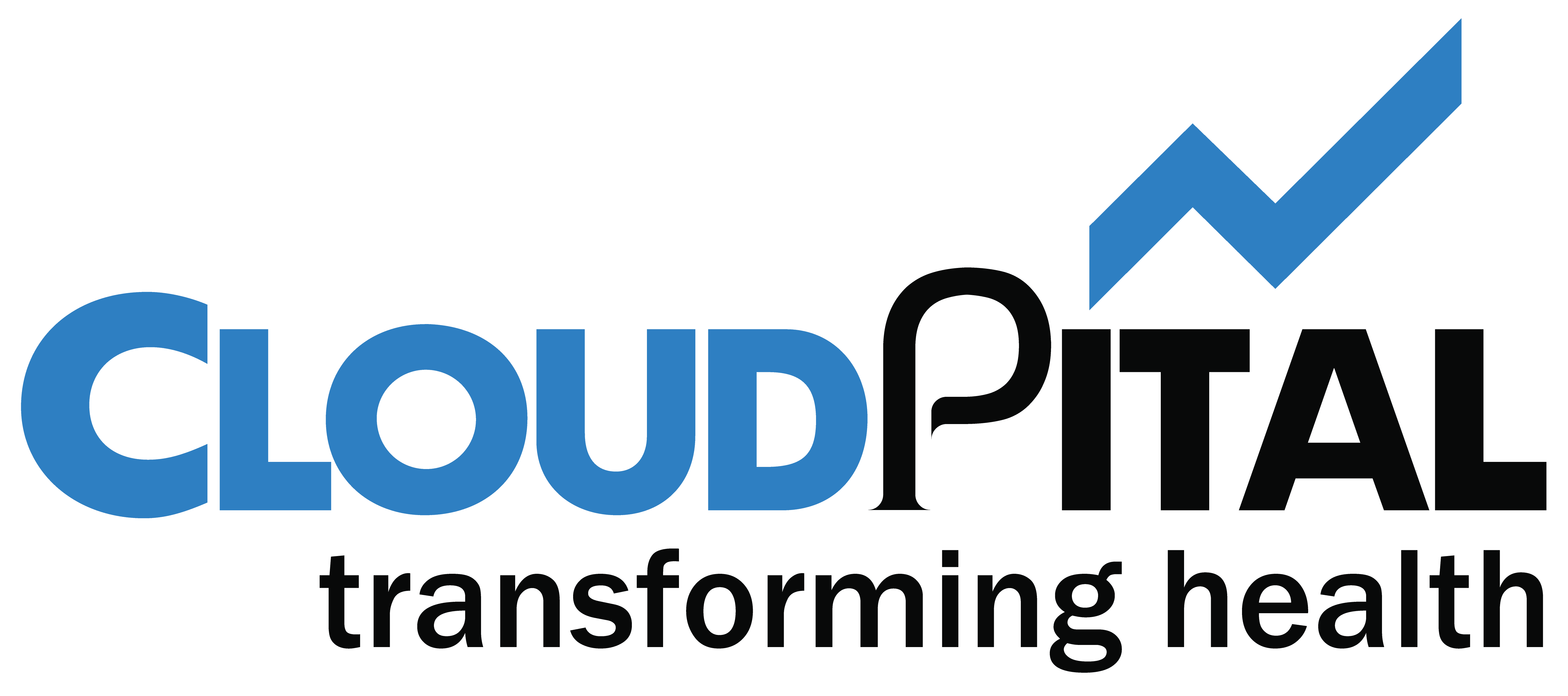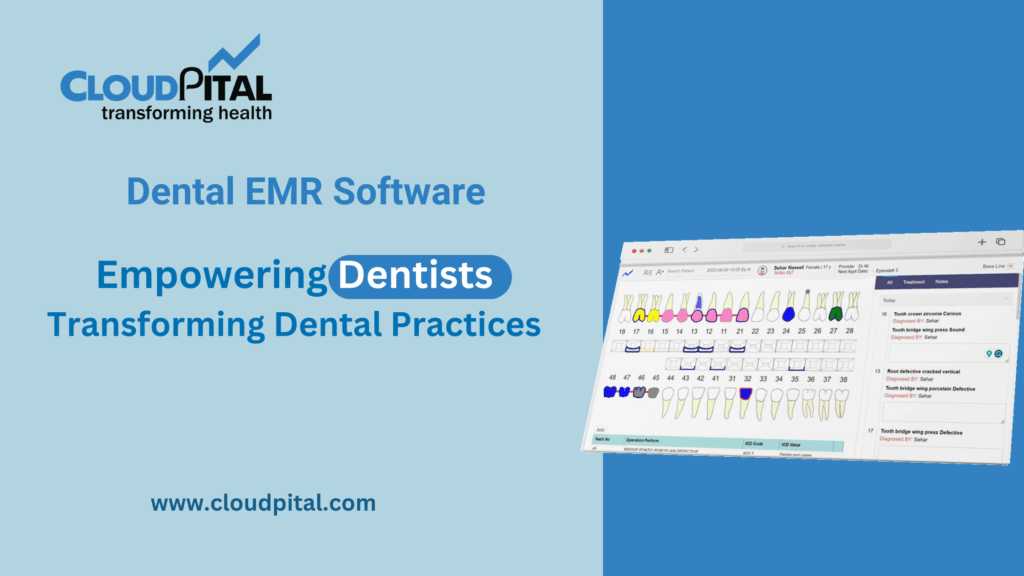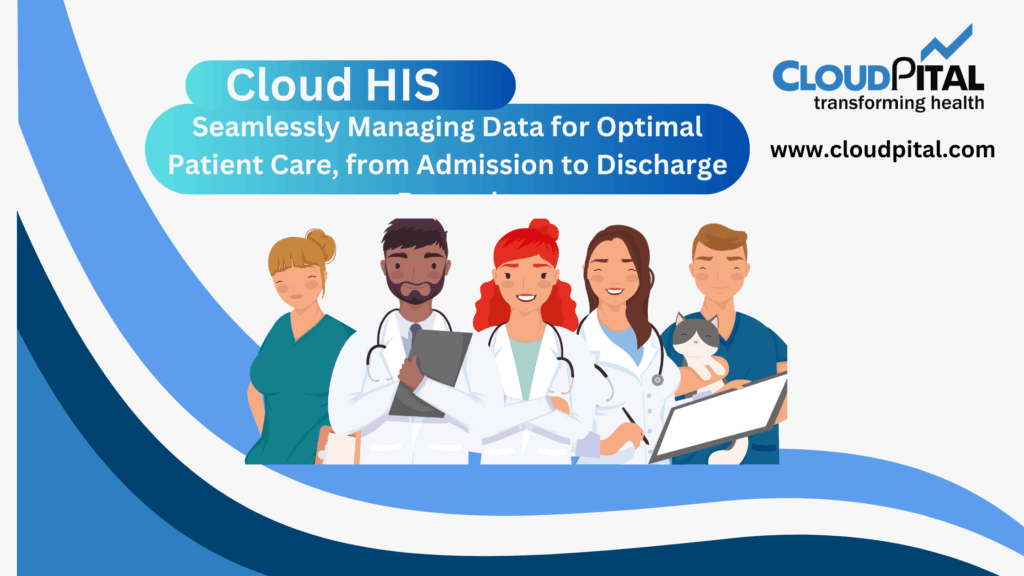Cloudpital # 1 is one of the top Mobile EHR is quickly revolutionizing industries, healthcare does not remain behind. Electronic Health Records (EHR) have already transformed how medical data is accessed and stored. But with the emergence of mobile EHR systems, healthcare access has become a completely different story. Mobile EHR offerings allow medical professionals to access patient information anywhere, anytime, improving patient care and eliminating inefficiencies. This article discusses how mobile EHR increases healthcare accessibility and why it is essential for the future of medical care.
Click to Start Whatsapp Chatbot with Sales
Mobile: +966547315697
Email: sales@bilytica.com
Cloudpital # 1 Mobile EHR
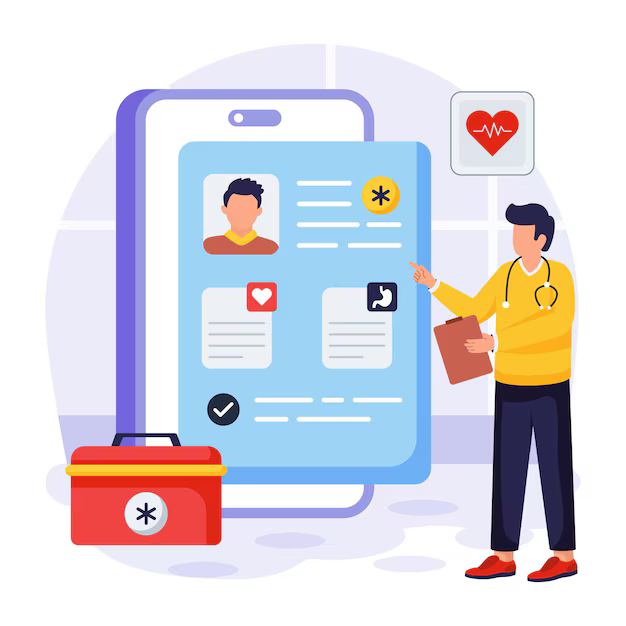
The Role of Mobile EHR in Healthcare Accessibility
Mobile EHR is an electronic platform that enables healthcare professionals to access, modify, and exchange patient health records on mobile devices such as smartphones, tablets, and laptops. Mobile EHR is different from the conventional EHR systems that demand healthcare professionals’ physical presence in a hospital or clinic since it eliminates geographical boundaries, providing instant access to essential patient information. This feature immensely improves healthcare accessibility in numerous aspects.
Closing the Gap in Rural and Underserved Communities
Perhaps the greatest benefit of mobile EHR is that it can enhance access to healthcare in rural and underserved communities. Rural areas often have few specialized medical personnel, and patients must travel far to see a doctor. Mobile EHR permits physicians and nurses to view the records of their patients from distant locations, perform telemedicine sessions, and share data with consultants without the need for the patient to travel to a healthcare setting. This enhances access to medical care and improves the quality of life for residents in rural communities.
Increasing Telehealth Services
Telemedicine has become extremely popular, particularly post-COVID-19. Mobile EHR is also important in terms of making telemedicine services efficient and reliable. Doctors can access patient history, laboratory results, and prescriptions instantly during virtual consultations. This helps healthcare professionals make proper decisions without any delays. The mobile EHR system also enables integration with telemedicine systems without any hassles, making the consultation process efficient.
Enhancing Emergency Response and Care
During emergency situations, time is of the essence. Mobile EHR enables paramedics and emergency responders to have instant access to a patient’s medical history, allergies, and current medications, which helps them make quicker and more accurate treatment decisions. This is especially helpful for unconscious patients or those who cannot communicate their medical conditions. Through the minimization of delays in emergency care, mobile EHR systems can improve patient outcomes and save lives.
Minimizing Administrative Burdens to Healthcare Professionals
Conventional EHR systems typically force healthcare practitioners to enter information manually, thus creating more workload and burnout. Mobile EHR makes it easier by providing voice-to-text documentation, data entry automation, and user-friendly interfaces. Doctors and nurses are able to make patient records current on the move, minimizing paperwork and enabling them to spend more time on patient care than administrative tasks. Not only does this make it more efficient, but it also plays a role in enhanced healthcare provision.
Improving Care Coordination Among Multiple Providers
Most patients see several different healthcare providers, such as general practitioners, specialists, therapists, and pharmacists. Mobile EHR allows data sharing in real time, with the result that all providers taking part in the care of a patient have the most current information. This lowers the risk of medication errors, redundant tests, and prescription disagreements. Coordinated care results in improved patient outcomes and continuity of treatment.
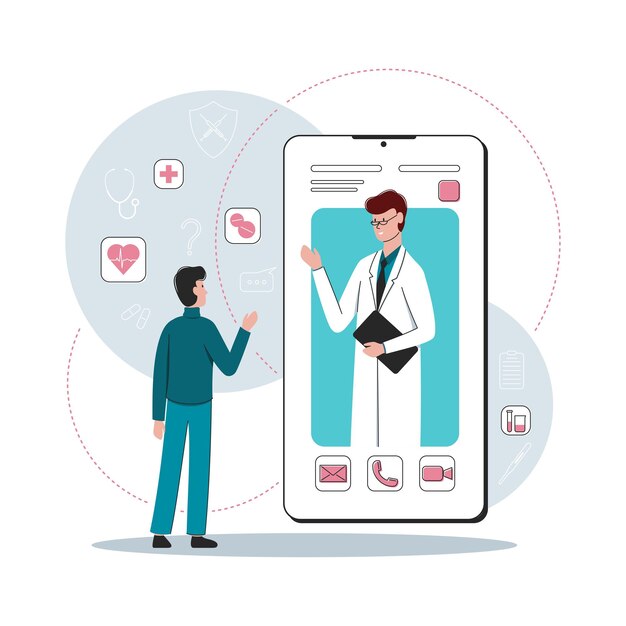
Empowering Patients with Greater Engagement
Mobile EHR not only helps healthcare practitioners but also patients. Some of the EMR applications offer patient portals so that users can view their health records, test results, and prescription history directly from their phone. Users are able to make appointments, connect with physicians, and even remind themselves to take medications, thereby increasing the involvement and following the treatment schedule. More participation from patients in managing their care gives them improved healthcare and results.
Data Security and Compliance
Security issues usually come up over electronic health records. Nevertheless, mobile EHR platforms are designed with sophisticated encryption measures and multi-factor authentication in place to maintain data security. Besides, mobile EHR solutions meet HIPAA (Health Insurance Portability and Accountability Act) and GDPR (General Data Protection Regulation) requirements to ensure patients’ data are safe and protected from unauthorized users. With remote access control and cloud-based backup options, medical organizations can secure sensitive medical data against breaches and unauthorized access.
Enabling Remote Monitoring and Management of Chronic Diseases
Long-term diseases like diabetes, high blood pressure, and cardiovascular disease need ongoing monitoring. Mobile EHR solutions facilitate remote patient monitoring (RPM) through the use of wearable devices and home healthcare monitoring devices. Healthcare professionals can be provided with real-time feedback about a patient’s vital signs, monitor disease progression, and adjust treatment plans accordingly without the need for frequent admissions. This method not only enhances the convenience of patients but also minimizes hospital readmission and healthcare expenditure.
Accelerating Diagnosis and Treatment Planning
Physicians are able to access AI-driven decision support systems via EHR, facilitating quick and accurate diagnoses. Embedded AI algorithms analyze patient history, laboratory results, and genetic information to recommend possible diagnoses and treatment plans. This improves the decision-making process and enables healthcare professionals to provide personalized care. Mobile EHR solutions also simplify medication management, minimizing prescription errors and ensuring patients take medications appropriately at the right time.
Increasing Home Healthcare Service Efficiency
Home health providers, such as visiting nurses and hospice teams, can particularly gain from EHR systems. Rather than working with paper records or having to go back to a hospital to file updated patient records, these professionals can record patient data in real-time. This helps improve the interaction among home care professionals and primary care physicians, resulting in more coordinated treatment and enhanced patient satisfaction.
Challenges and Considerations
Although it has many benefits, the implementation of EHR has a few challenges:
Initial Costs and Implementation: Implementing a mobile EHR system involves a financial outlay for software, hardware, and training.
Data Security Concerns: Medical professionals must adopt strong cybersecurity protocols to keep patient data secure.
Interoperability Issues: Not all EHR systems integrate with current hospital infrastructures, necessitating integration efforts.
User Training and Adjustment: Medical personnel should be well trained to enable them to utilize the full potential of mobile EHR.
Mobile EHR’s Future in Healthcare
The future of Telemedicine is bright, with innovations in AI, machine learning, and blockchain technology making security, efficiency, and predictive analytics even better. With the growing adoption of 5G networks, the speed and reliability of mobile EHR applications will be even better, and real-time data transfer will not be a problem. With more healthcare providers acknowledging the value of EHR, we can anticipate wider adoption and innovation in the sector.
Conclusion
EHR is transforming healthcare by tearing down barriers to access, increasing efficiency, and enhancing patient outcomes. From rural communities to city hubs, the provision of instantaneous access to medical records is liberating patients and healthcare providers. Challenges do exist, but the continuation of technological innovation will continue to hone EHR systems, rendering them a necessity for healthcare’s future. With improved accessibility, efficient processes, and increased patient involvement, mobile EHR is defining the future of contemporary healthcare delivery.
Click to Start Whatsapp Chatbot with Sales
Mobile: +966547315697
Email: sales@bilytica.com
How does Mobile EHR improve healthcare accessibility? similar software solutions prices were updated on 2026-01-27T11:15:33+00:00 in Saudi Arabia in Mecca, Medina, Riyadh, Khamis Mushait, Yanbu, Jeddah, Dammam, Unaizah, Uqair, Ha’il, Ta if, Al Bahah, Dhahran, King Abdullah Economic City, Najran, Diriyah, Qatif, Khafji, Jubail, Abqaiq, List of Cities and Towns in Saudi Arabia, Ras Tanura, Turubah, Jazan Economic City, Knowledge Economic City, Medina, Khobar, Abha, Tabuk, Saudi Arabia, similar software solutions prices were updated on 2026-01-27T11:15:33+00:00 We also provide in Saudi Arabia services solutions company in Hafar Al-Batin, Udhailiyah, Al-Awamiyah, Hofuf, Hautat Sudair, Buraidah, Tayma, Duba, ‘uyayna, Saihat, Al-Kharj, Al-ula, Jizan, Rumailah, Ar Rass, Arar, Shaybah, Al Majma’ah, Rabigh, Dhurma, Haradh, List of Saudi Cities by Gdp Per Capita, Badr, Sudair Industrial City, Baljurashi, Shaqraa, Al-Khutt, Habala, Ad Dawadimi, Dawadmi, Layla, similar software solutions prices were updated on 2026-01-27T11:15:33+00:00 Price is SAR 100 and this was updated on updated on 2026-01-27T11:15:33+00:00 similar How does Mobile EHR improve healthcare accessibility? software solutions prices were updated on 2026-01-27T11:15:33+00:00 in Saudi Arabia in Haql, Afif, Al-Abwa, Farasan, Al-Jaroudiya, Thadig, Al-Thuqbah, Al Wajh, Almardmah, Al-Zilfi, Muzahmiyya, Prince Abdul Aziz Bin Mousaed Economic City, Tharmada’a, Skaka, Um Al-Sahek, Sharurah, Tanomah, Bisha, Dahaban, Al Qunfudhah, Qurayyat, Saudi Arabia, Ha’ir, as Sulayyil, Al Lith, Turaif, Al-Gway’iyyah, Samtah, Wadi Ad-Dawasir, Az Zaimah, Safwa City, Jalajil, Harmah, Mastoorah, Hotat Bani Tamim, Jabal Umm Al Ru’us, Rafha, Qaisumah, Al-Ghat, Hajrah, Al-Hareeq. Excerpt: Jeddah (also spelled Jiddah, Jidda, or Jedda; Arabic: Jidda) is a Saudi Arabian city located on the coast of the Red Sea and is the major urban center of western Saudi Arabia similar software solutions prices were updated on 2026-01-27T11:15:33+00:00 Price is SAR 100 and this was updated on updated on 2026-01-27T11:15:33+00:00

